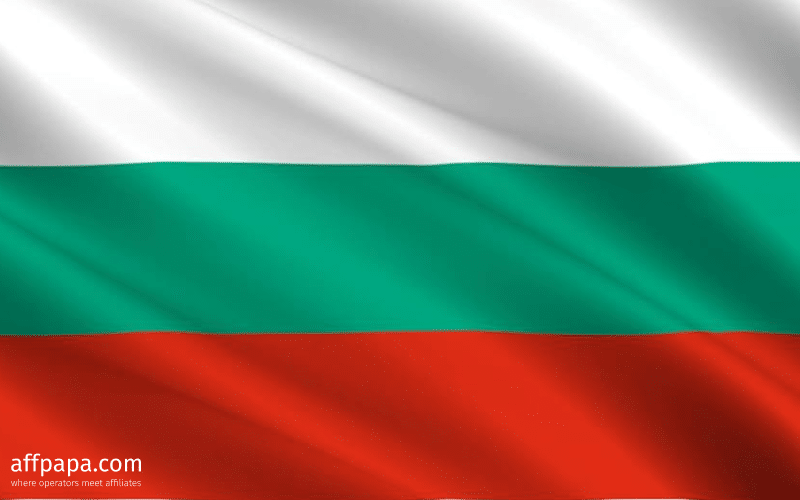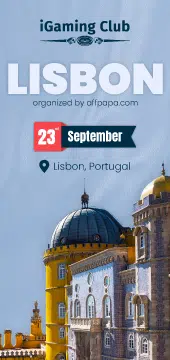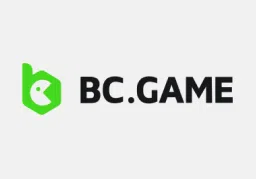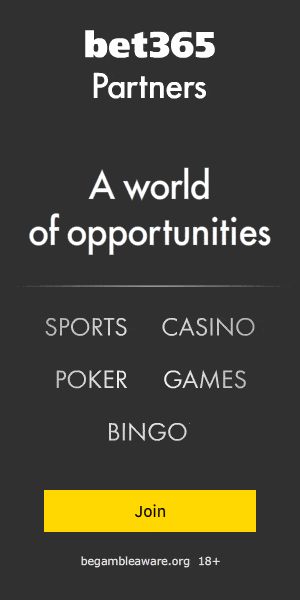Bulgaria rejects proposed gambling law amendments

By the end of 2023, the nationalist party Revival (“Vazrazhdane”) in Bulgaria suggested changes to the nation’s Gambling Law.
In an effort to combat what the party saw as an overabundance of gambling advertisements on TV, radio, and other electronic media, which may possibly reach children and vulnerable people, the proposed amendments included considerable revisions to advertising regulations.
The Revival party’s Kostadin Kostadinov expressed dissatisfaction with other lawmakers’ and relevant committees’ lack of interest in debating the proposed revisions. He declared that Revival would advocate for the revisions’ approval during the April 1st plenary meeting.
Among the adjustments he suggested were:
- A total prohibition on commercials for gambling
- Nationwide self-exclusion registry improvements
- Raising the prize money for wins on land from five thousand levs to ten thousand levs
- Modifications to the structure of the gambling levy and license tax
A fellow Revival member named Clement Shopov brought up the topic of problem gambling during the parliamentary debate, calling it “the quiet addiction” because of the stigma attached to it. He emphasized that the purpose of gambling ads, in his opinion, was not only to draw in new clients but also to keep the attention of susceptible people—who, it was suggested, were the most lucrative for the gambling sector.
Shopov pushed for Bulgaria to enact stricter advertising laws, like to those found in Belgium, the Netherlands, and Italy. In order to deter clients from coming back, he also suggested that wins from physical casinos be instantly withdrawn as much as ten thousand levs, as bank transfers typically take several days.
Shopov suggested doing away with licensing costs in favor of fifteen percent tax levy on all deposits, which would have been identical to the previous system in effect prior to 2014. He calculated that the government would get an extra five hundred million levs a year from these adjustments.
The requirement that players stay on the self-exclusion register for a minimum of two years was another modification that was suggested. This was done in order to solve the problem of players being able to move to different casinos and simply get around bans.
The suggested revisions were not accepted in a recent plenary session due to the abstention of the political majority, despite the support of a populist minority. The future of the gambling industry in Bulgaria is still unknown, though, as early elections are probably scheduled for June.
























